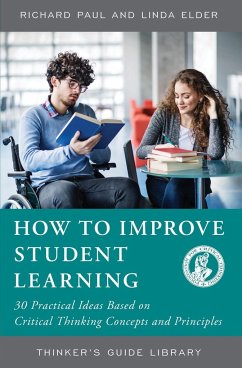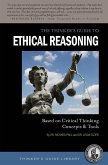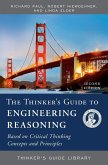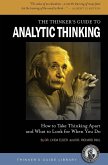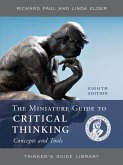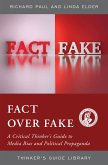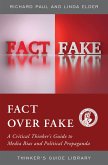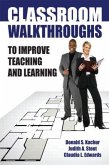In How to Improve Student Learning, critical thinking pioneer Richard Paul and educational psychologist Linda Elder distill decades of teaching experience into thirty methods to increase student comprehension and engagement in any area of study. Teachers and faculty at all levels will find these strategies easy to integrate into their teaching and learning process, and, when integrated, will see students begin to take ownership of their learning. This guide builds on The Thinker's Guide to Active and Cooperative Learning and cultivates student development as encouraged in the Thinker's Guide for Students on How to Study and Learn a Discipline. As part of the Thinker's Guide Library, this book advances the mission of the Foundation for Critical Thinking to promote fairminded critical societies through cultivating essential intellectual abilities and virtues across every field of study across world.
Hinweis: Dieser Artikel kann nur an eine deutsche Lieferadresse ausgeliefert werden.
Hinweis: Dieser Artikel kann nur an eine deutsche Lieferadresse ausgeliefert werden.

